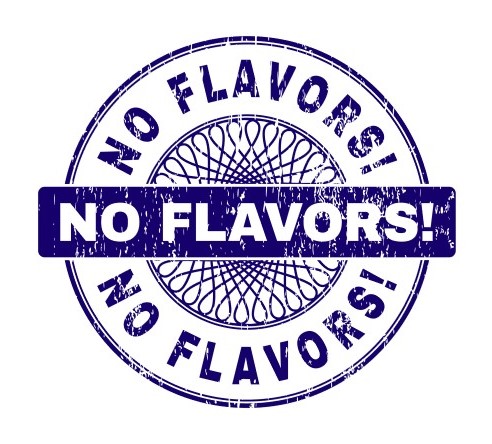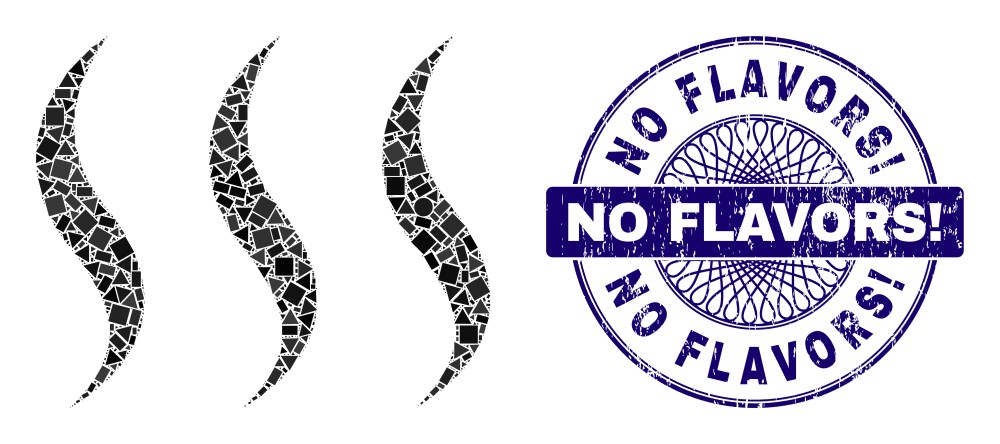
Goebel IMS is playing an instrumental role in the expansion plans of Fujian Forop Advanced Materials Co., the Germany-based manufacturer of slitting and rewinding machinery announced in a press note.
Forop Advanced Materials aims to become the world’s largest manufacturer of BOPP films. To help achieve this ambition, the company intends to inaugurate two new BOPP film factories in southern China by 2025, giving it a total of six production sites with 30 BOPP production lines.
In 2021, the company signed an agreement to acquire 16 Goebel IMS Monoslit 9000 BOPP slitter rewinders from Goebel. According to Goebel, Forop Advanced Materials will likely purchase additional primary slitter rewinders for another six BOPP production lines.
“Such a project is unique in our history, we are very proud and thankful that Forop put its trust in Goebel IMS,” said Tobias Lanksweirt, managing director of Goebel Schneid- und Wickelsysteme and sales director film. “With this project we show once more that we are the world market leader if it comes to primary slitting and rewinding, especially in the field of high-speed BOPP converting. We are looking forward to a long and fruitful cooperation with Forop.”


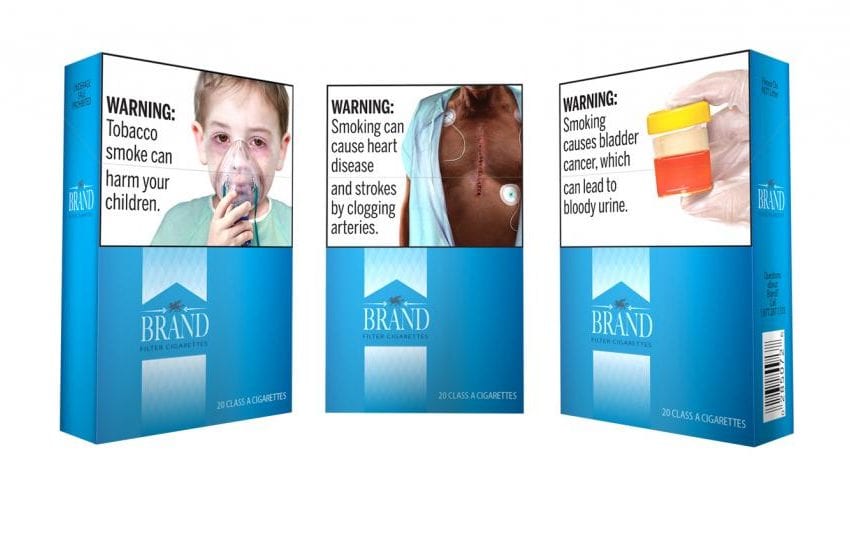
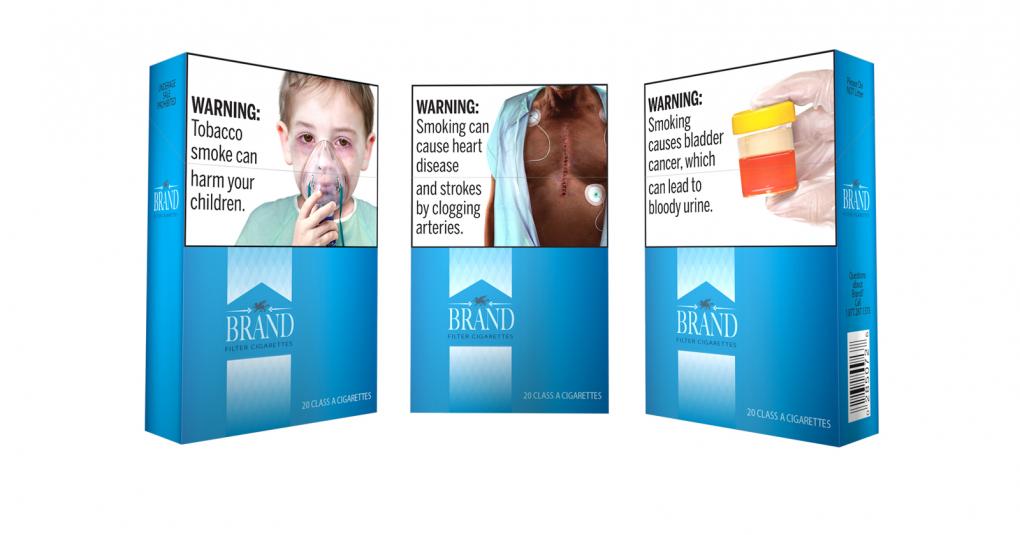






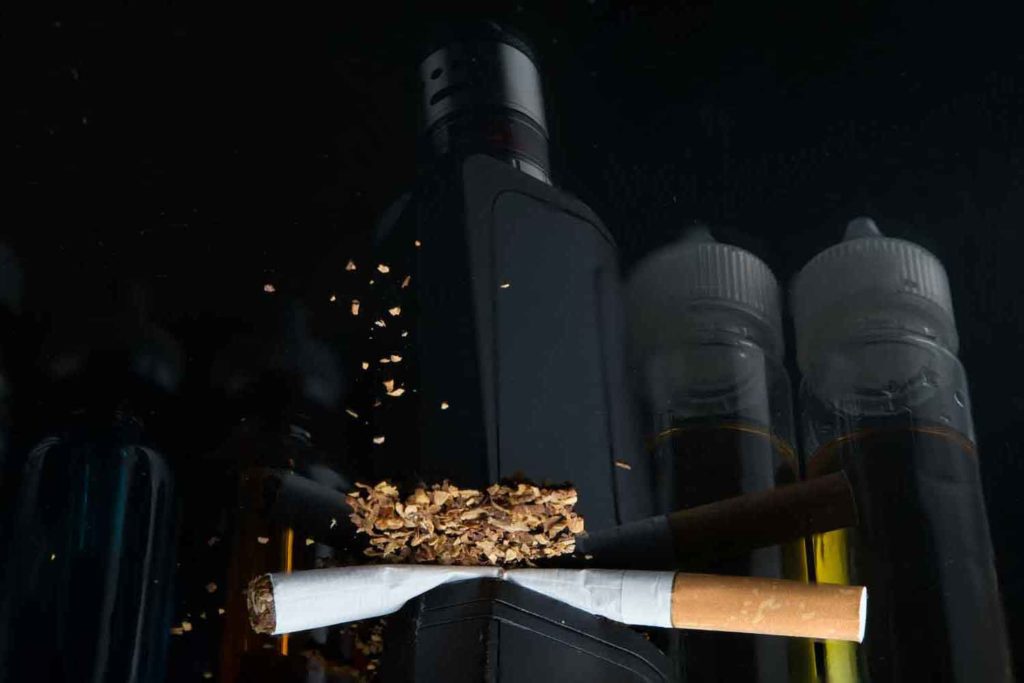
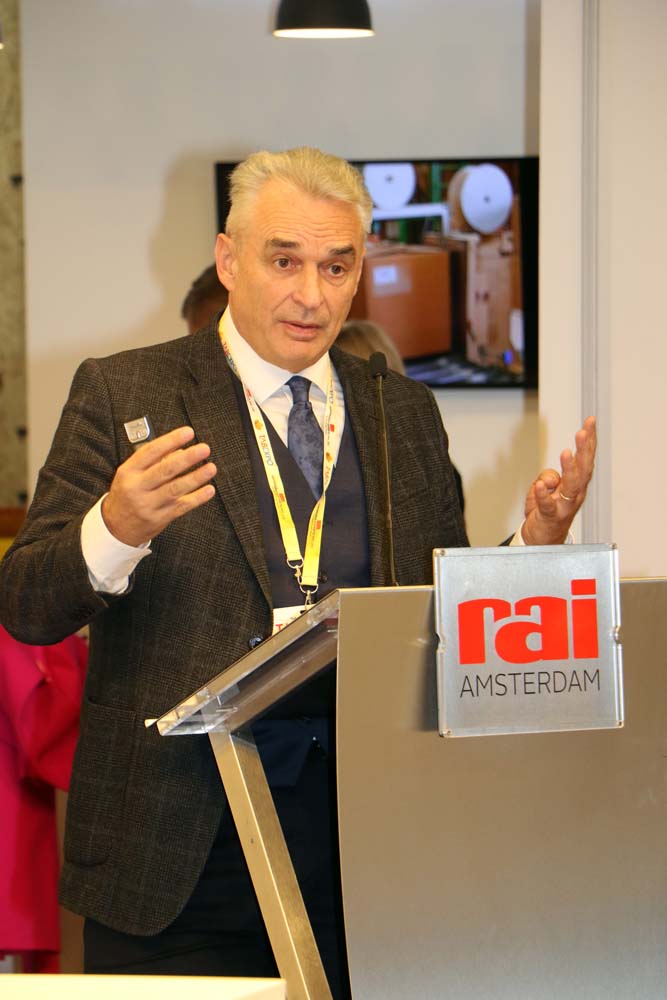



 A global audience, via multiple platforms, tuned into watch sCOPe’s two-day broadcast during the recent
A global audience, via multiple platforms, tuned into watch sCOPe’s two-day broadcast during the recent 
